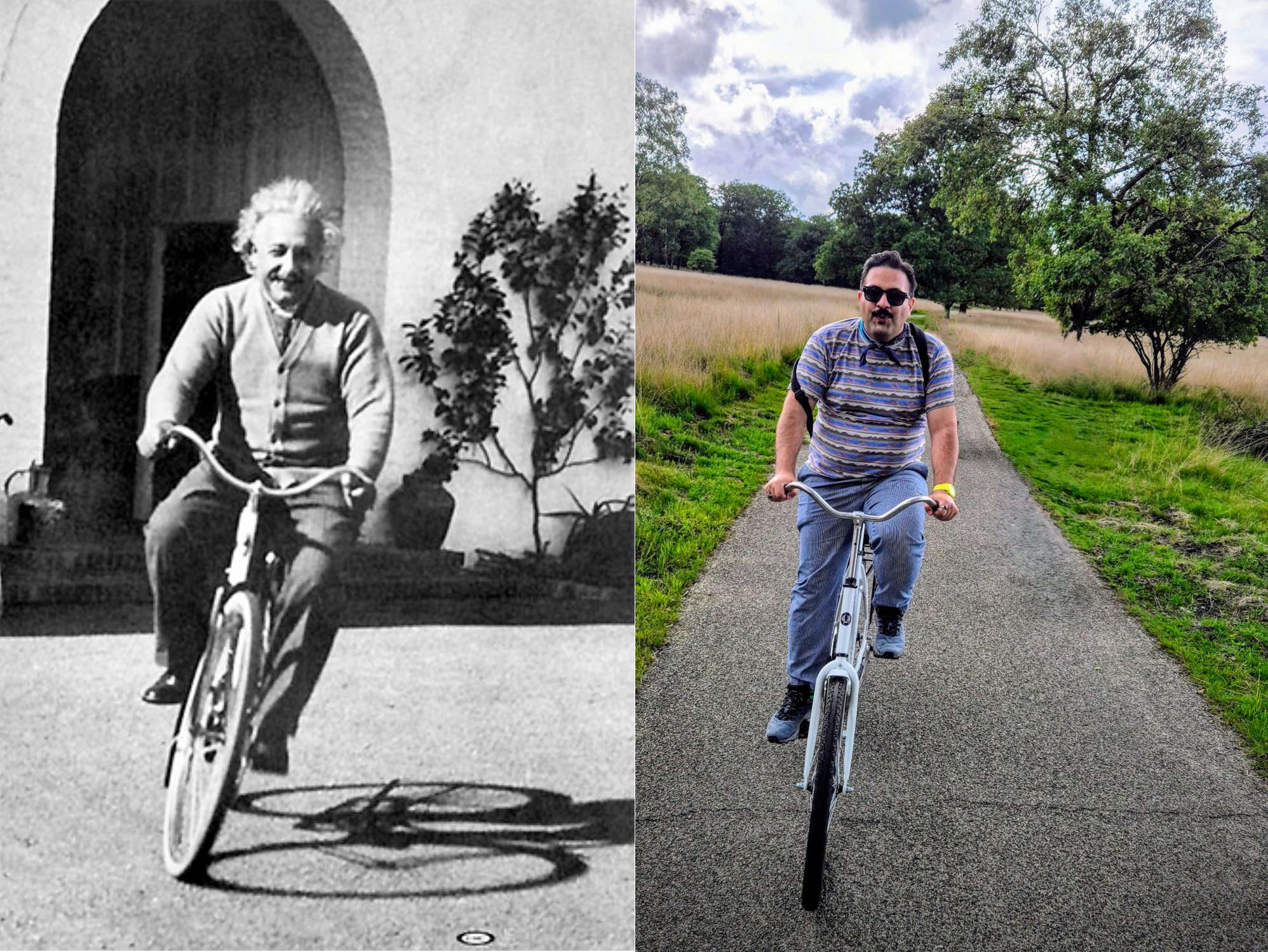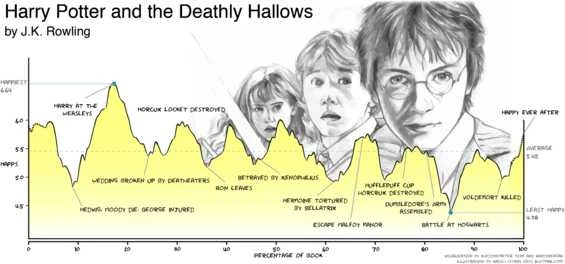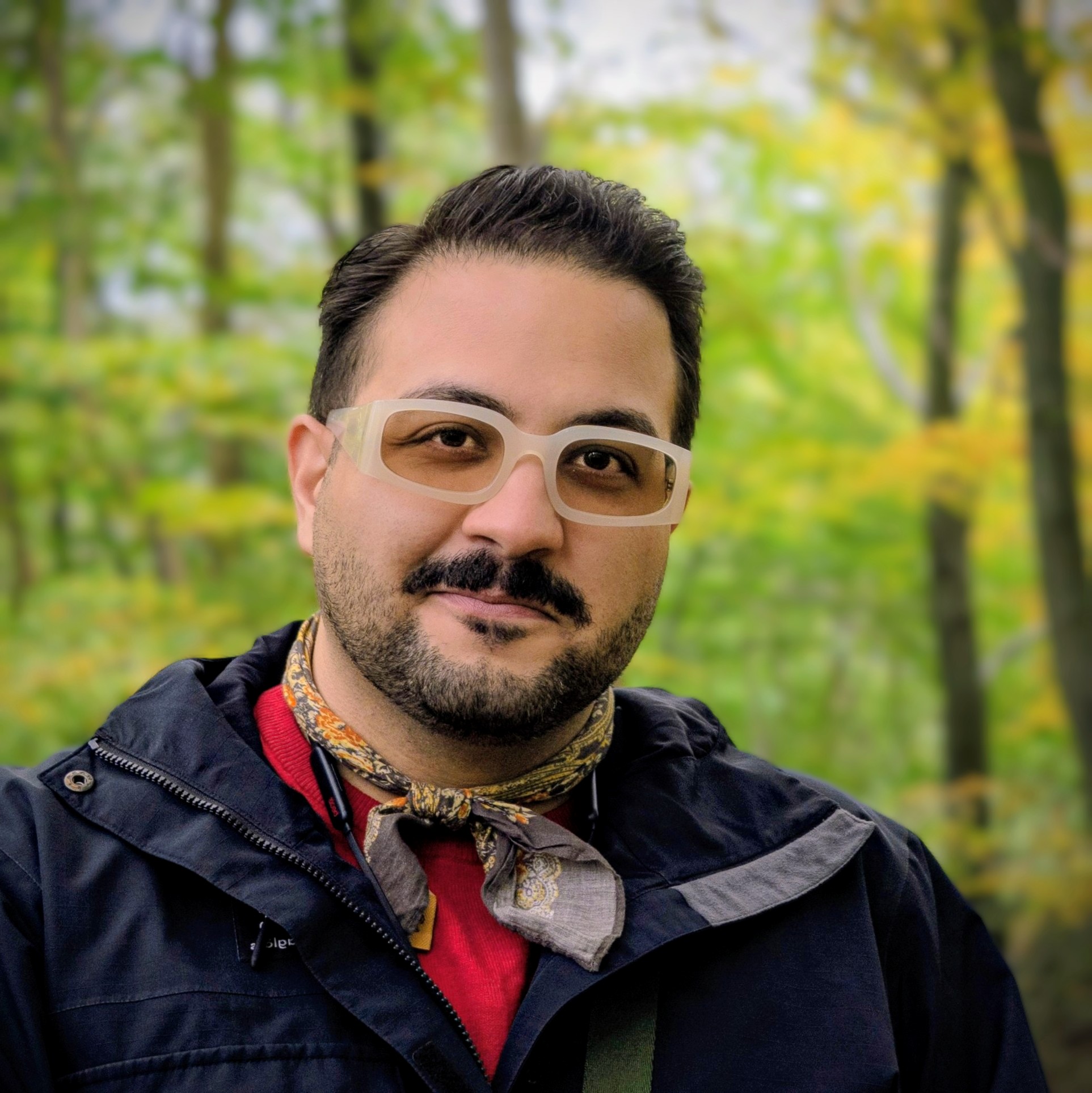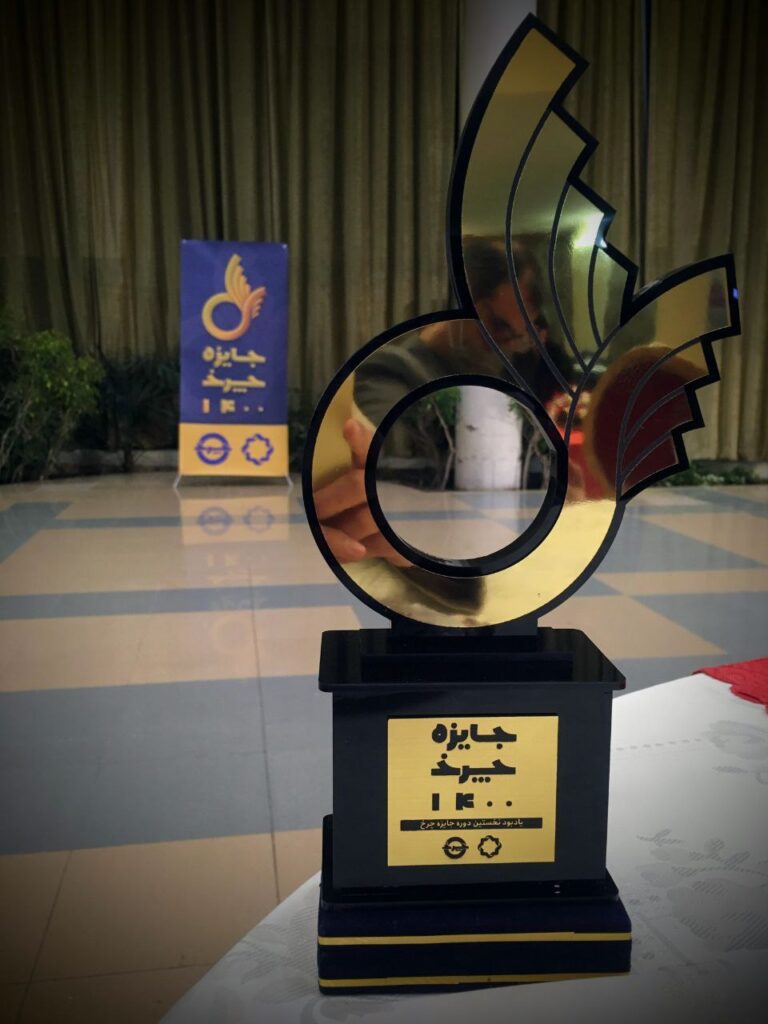I like organizing informal, not-a-journal clubs. The idea is to gather together for a coffee break while someone gives a short, gripping story (talk!) on some subject that s/he is learning or working on, such that anyone from any CS (or STEM) group can follow it, enjoy it, and finally say Aha! The objective is to learn from each other. Why not?! We come from diverse backgrounds and work in different groups, offering numerous learning and networking opportunities. Did I mention we’ll have fun with cardamom tea as well?! Oh, by the way, everyone from the School of Science is welcome!

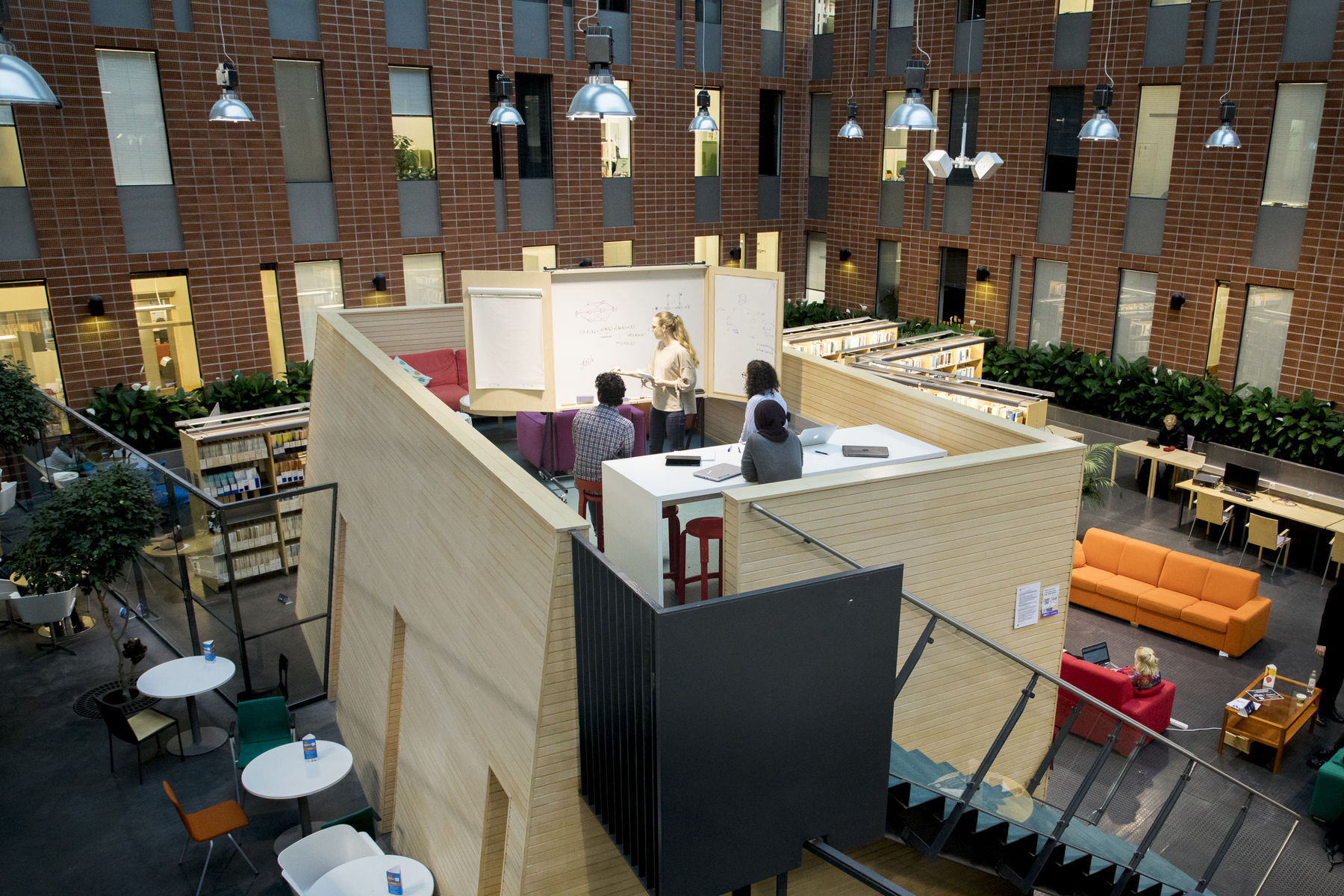
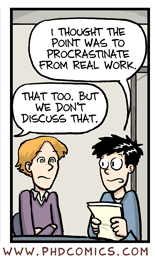
I prefer afternoons and sessions of 30 min long. I prefer not to use advanced technologies and monstrosities of machines for presentations, and mostly rely on storytelling methods in giving a scientific talk next to a board. Any topic is welcome as long as it is explained in a clear way. If you want to choose a paper, I would recommend oldies but goldies first! Discussing a recent research article that you haven’t done is also a good candidate if you think it could be of interest to the audience or if it can be used as an example to convey your message.
“Example isn’t another way to teach, it is the only way to teach.”
Albert Einstein
A Personal Motivation
My background is in Statistical Physics. I’m, by and large, interested in topics at the interface of physics and computer science. I study complex systems, and as a doctoral researcher, I model epidemics! More specifically, I’m working on problems that are basically about phase transitions in networks. So, I have some stories about phase transitions to tell you! I’ve recently come across this paper, which is new and has a funny title: Love might be a second-order phase transition! So, for the first session, I can tell you about different phase transitions and use this paper as a funny example so that you remember what happened in that session. I can also tell you about the shape of stories!
A list of topics (suggestions)
R. Penrose, The role of aesthetics in pure and applied mathematical research, 1974. Penrose tiling are aperiodic tilings obtained using typically 2 isosceles triangles with two types of edge labelings (so 4 types of triangles).
The Story, Motivation, and Contribution of Nicolas Bourbaki
Different Faces of Entropy
- There are at least three distinct ways to conceptualize entropy: entropy as an extensive thermodynamic quantity of physical systems (Clausius, Boltzmann, Gibbs), entropy as a measure for information production of ergodic sources (Shannon), and entropy as a means for statistical inference on multinomial processes (Jaynes maximum entropy principle). Even though these notions represent fundamentally different concepts, the functional form of the entropy for thermodynamic systems in equilibrium, for ergodic sources in information theory, and for independent sampling processes in statistical systems is degenerate, $H(p) = – \sum p_i \ln p_i$. For many complex systems, which are typically history-dependent, nonergodic, and nonmultinomial, this is no longer the case. [Ref]
- Thermoeconomics: Beyond the Second Law
- A Mini-Introduction To Information Theory – Edward Witten [paper] [video]
- “Information theory and statistical mechanics” [1, 2] by Edwin Thompson Jaynes
